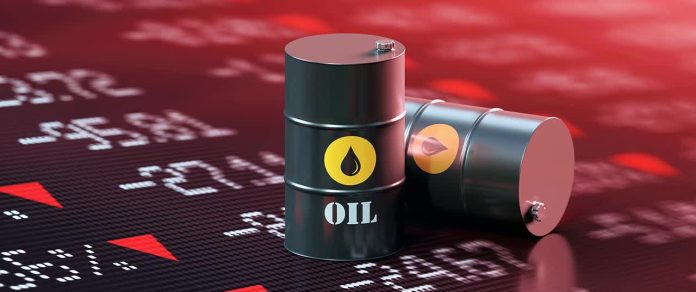- The ongoing conflict between Russia and Ukraine is well into its eighth month with still no signs of end visible in the foreseeable future. In fact, pushed to the corner by the resilient Ukrainian forces, Russian strongman Vladimir Putin has grandiosely announced of not averse to the use of nuclear arsenals. By upping the ante, Russia has created quite a stir around the world making Western and European countries worry about the potential consequences of such a catastrophic move. Despite several efforts at making the Russian strongman see the reason behind the increasingly debilitating ongoing conflict through the imposition of sanctions, there is not much palpable change in Moscow’s stance. These are worrying signs for the global community.

PC: Seeking Alpha
- As you are aware, the Indian establishment has consistently called for constructive dialogue and peace and also by highlighting the severe global supply chain disruptions leading to inflationary trends. But nothing appears to move Moscow despite facing mounting challenges on several fronts. Against this backdrop, two independent developments last week again highlight further challenges facing the global economy. Oil prices are likely to remain elevated as the supply cartel OPEC plus, which includes Saudi Arabia and Russia, decided to trim production in a bid to keep the price high. The grouping, which produces a little more than 50% of the world’s crude, plans to reduce output by 2 million barrels/day beginning November.
- The benchmark is August’s production which is about 2% of the present production. Thus, the planned cut will most likely set a floor for any price decline in the future. Separately, WTO forecasts growth in merchandise trade volume will slow in 2023. It’s now projected to grow at 1%, lower than the 3.4% forecast a few months ago. Note that the trade volume growth is being dragged down by the economic slowdown in three major economic engines, the US, Europe, and China. WTO thinks the ongoing monetary tightening in the US will soon bite hard, while the energy shock in the form of a 350% year-on-year increase in gas prices in Europe will lead to reduced consumer spending. China’s zero-Covid strategy has taken a toll on its growth too.

PC: Vietnamnet
- The sanctions have yielded precious little. However, the world felt the impact through both an oil price surge and upward pressure on the prices of key food items. India’s policymakers have to grapple with the dual challenge from the external sector. Further, supply pressure on key commodities can keep domestic inflation elevated while a global slowdown will act as a drag on growth here. Mind you, the monthly average price of the Indian basket of crude peaked at $116/barrel in June and later declined to $91/barrel in September. Thankfully, pump prices of petrol and diesel, however, remain unchanged since May 22, ring-fencing the domestic economy from global oil price movements. From here on, monetary and fiscal policies need to be flexible to adapt to a highly uncertain scenario.






